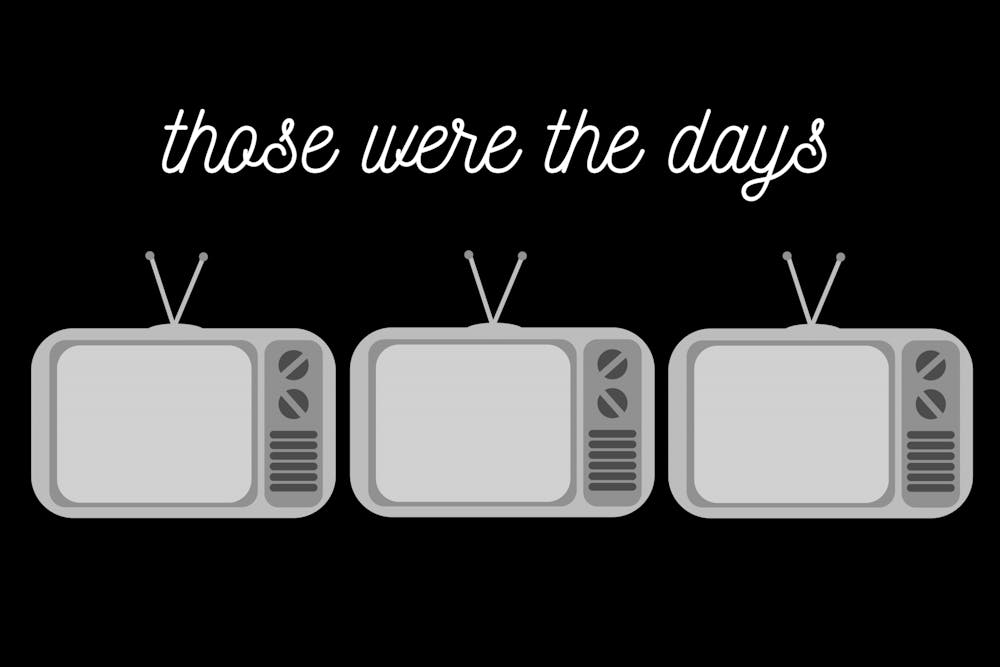The Exterminating Angel is not your grandfather’s horror movie. It’s actually your artsy, Mexican, great–grandfather’s horror movie. It’s also one of the most unsettling yet thought–provoking films I’ve ever seen.
El Angel Exterminador, as it is known in Spanish, is a film by the ultimate surrealist filmmaker, Luis Buñuel. To be clear, this is a thinking–man’s horror film, not one you can watch half–drunk at a Halloween party. It’s not a film you go to for jump–scares; rather, it’s one you go to for a decent amount of confusion. And then it’s one you go back to, time and time again, as you struggle to understand its nuances and grasp each and every artistic detail. Keeping up with the subtitles, differentiating between the many characters, and processing repeated scenes in the film—intentionally duplicated by Buñuel to evoke a sense of déja vu—is no small task. However, it's certainly a worthy one, as The Exterminating Angel is a film like no other.
The film features a group of wealthy socialites enjoying a dinner party after a night at the opera. Mysteriously, all but one of the staff leaves on a strange compulsion. The guests end a pleasant night by slowly nodding off, but when they wake up in the morning, they face a disturbing reality: none of them can leave the room.
Herein lies possibly the most “surreal” element of the movie: The only thing stopping them from leaving the room is some sort of impenetrable psychological barrier. No enemy, no “force–field," no reason other than a strange feeling that they cannot leave. The same strange situation also prevents the outside world from being able to have any contact with them. From then on, we see the lowest points that the group can sink to, as they clash with each other for days on end with little food and no hope. The lack of humanity remaining in this initially bourgeois, elegant party is disturbing, as they turn on each other and grow progressively more paranoid and suspicious.
The movie features a lot of disturbing imagery, such as animals being led to the slaughter, disembodied hands, and chicken feet. But, somewhat surprisingly, the most terrifying aspects of it are those which can’t be seen at all. Even more interesting is how the movie appeals to the fears of 2020.
For one, it features the fear of confinement, something increasingly topical as we hunker down for winter quarantine. It more subtly demonstrates the unfounded fear of the “other” which is disturbingly visible at present as xenophobia rears its ugly head. Similarly to the group going stir–crazy and growing irrationally angry, our time stuck indoors has only encouraged growing tensions and animosity. The notable, sheer ugliness of the behavioral state the guests reach is a terrifying reminder of how easy it is to slip to a subhuman level—and how necessary it is that we work each day to prevent that from happening.
The symbolism that fills the movie generates a multitude of explanations, making it timelessly effective. The resulting parallel is unfortunate, but not necessarily unique to our time. Anyone who watches The Exterminating Angel will have their own take on it, as almost anyone’s deepest fear is represented in an individual character’s reaction to being constrained. You find yourself asking: How you would react to being so isolated yet completely without privacy? Could you maintain your integrity? Maintain your humanity?
Ultimately, The Exterminating Angel is reflective of a level of artistry rarely seen in horror films, or even in the scariest of thrillers. It’s excellent at reflecting both the darkness of the world around us and the darkness that lives inside. So this fall, return to a forgotten classic, and prepare to be spooked.







